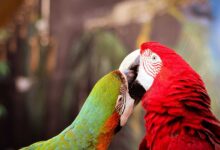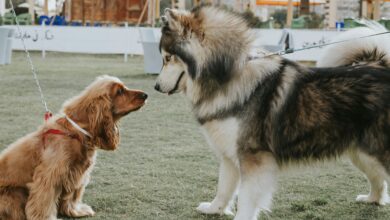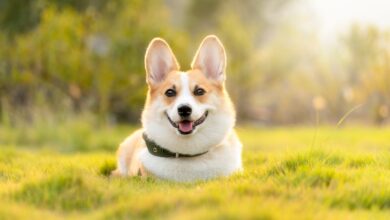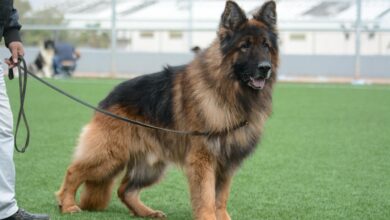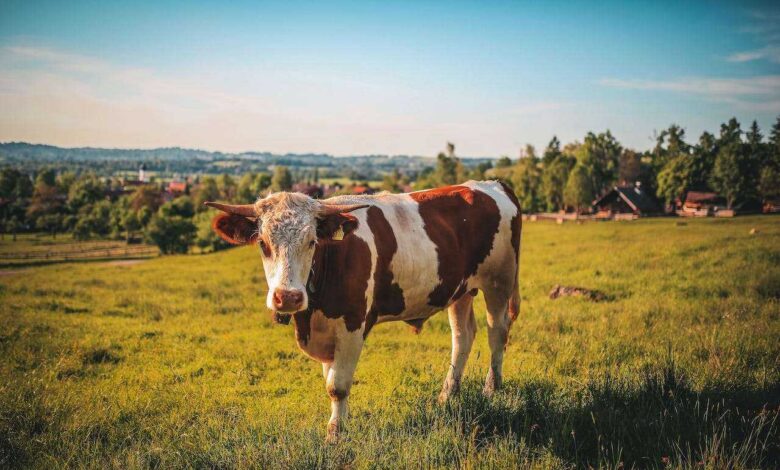
Owning a pet cow can be a uniquely rewarding experience, but establishing a strong bond requires effective training. In this guide, we delve into the world of pet cow training, emphasizing the power of positive reinforcement to create a harmonious connection between you and your gentle giant.
Understanding Bovine Behavior:
Choosing the Right Training Approach
Embark on the journey of pet cow training by gaining insights into bovine behavior. Understand the unique characteristics and intelligence of cows, setting the foundation for successful training. Choose the right training approach, tailoring methods to your pet cow’s individual personality and learning style.
Understanding behavior:
- Bovine intelligence: Observations and insights.
- Unique characteristics: Social structure and communication.
- Tailoring training methods: Positive reinforcement and patience.
Positive Reinforcement Techniques:
Establishing Trust and Mutual Respect
Explore the power of positive reinforcement as a key technique in pet cow training. Learn how to use rewards effectively, reinforcing desired behaviors and building a trusting relationship with your cow. Establish trust and mutual respect, creating a positive environment for learning.
Positive reinforcement basics:
- Rewards and treats: Choosing appropriate incentives.
- Timing and consistency: Reinforcing desired behaviors.
- Building trust: Creating a positive training atmosphere.
Manners and Basic Commands:
Addressing Common Behavioral Issues
Move on to teaching basic commands and manners, laying the groundwork for obedience. Address common behavioral issues with effective solutions, ensuring your pet cow is well-behaved and responsive to commands. Create a harmonious living environment through clear communication.
Manners:
- Leading and haltering: Essential skills for control.
- Respectful behavior: Establishing boundaries.
- Problem-solving: Addressing common behavioral challenges.
Basic commands:
- Come Here, Bessie! Start with a simple recall command. Use a clear and friendly tone, and reward your cow with affection or a treat when they respond.
- Gentle on the Lead: Teach your pet cow to walk calmly on a lead. Encourage slow and steady movements, rewarding them for following your pace.
- Stand and Stay: Train your cow to stand still and stay when prompted. This command is valuable for various situations, from veterinary visits to grooming sessions.
- Hoof Inspection: Get your cow comfortable with having their hooves handled. Gradually introduce the sensation and reward them for calm behavior, making future hoof care easier.
Advanced Training Techniques:
Integrating Enrichment Activities
Elevate your pet cow’s skillset by introducing advanced training techniques. Explore activities that provide mental stimulation, enhancing your cow’s cognitive abilities and overall happiness. Integrate enrichment activities into the training routine for a well-rounded learning experience.
Advanced training options:
- Advanced commands: Expanding the repertoire.
- Enrichment activities: Puzzle feeders, obstacle courses, and more.
- Mental stimulation benefits: Keeping your cow engaged.
Positive Handling and Veterinary Care:
Introducing New Environments
Ensure positive handling and veterinary care by familiarizing your pet cow with stress-free experiences. Train your cow to accept handling, grooming, and veterinary procedures with calmness. Introduce new environments gradually, preparing your cow for various experiences and minimizing stress.
Positive handling and care:
- Grooming and veterinary procedures: Training for acceptance.
- Handling sensitivity: Minimizing stress during care.
- Gradual exposure: Introducing new environments positively.
Building a Strong Bond:
Training for Safety
At the core of successful pet cow training is building a strong bond between you and your cow. Explore techniques that strengthen the connection, fostering a deep understanding and trust. Train for safety, teaching behaviors that enhance the well-being of both you and your cow.
Building a strong bond:
- Quality time and interaction: Nurturing the relationship.
- Trust-building exercises: Strengthening the connection.
- Safety-focused training: Ensuring a secure environment.
Pet Cow Training
Mastering pet cow training is an art that revolves around patience, understanding, and the power of positive reinforcement. By creating a positive and nurturing environment, utilizing clear commands, and building trust through grooming, you’re on your way to a moo-velous connection with your bovine companion. Embrace the journey of training, and watch as your bond with your pet cow flourishes into a harmonious and joyful partnership.
FAQ: Pet Cow Training
Q1: How do I begin training my pet cow?
Begin by understanding bovine behavior and intelligence. Choose positive reinforcement techniques, starting with basic commands and manners. Gradually introduce advanced training techniques and focus on building a strong bond through quality time and positive interactions.
Q2: What rewards work best for positive reinforcement in cow training?
Effective rewards include treats like hay, grains, or fruits. Choose treats that your cow finds particularly appealing and use them consistently to reinforce desired behaviors.
Q3: How can I address common behavioral issues in my pet cow?
Address common behavioral issues by understanding the root causes. Use positive reinforcement to encourage desirable behaviors, and seek professional advice if challenges persist.
Q4: Is it possible to train a pet cow for veterinary care?
Yes, it is possible to train a pet cow for veterinary care. Gradually introduce handling, grooming, and veterinary procedures, associating them with positive experiences through rewards and calm interactions.
Q5: How do I build a strong bond with my pet cow?
Building a strong bond involves spending quality time with your cow, engaging in positive interactions, and understanding their needs. Incorporate trust-building exercises and prioritize safety to enhance the bond.
For personalized advice on pet cow training, consult with experienced cow trainers and engage with local cow-keeping communities.

